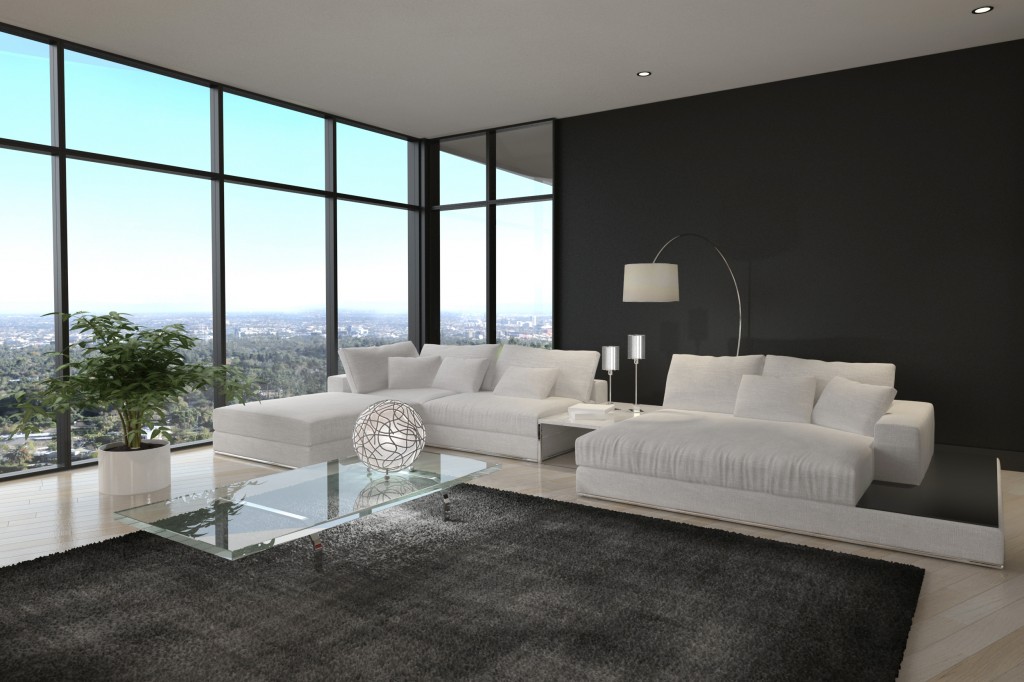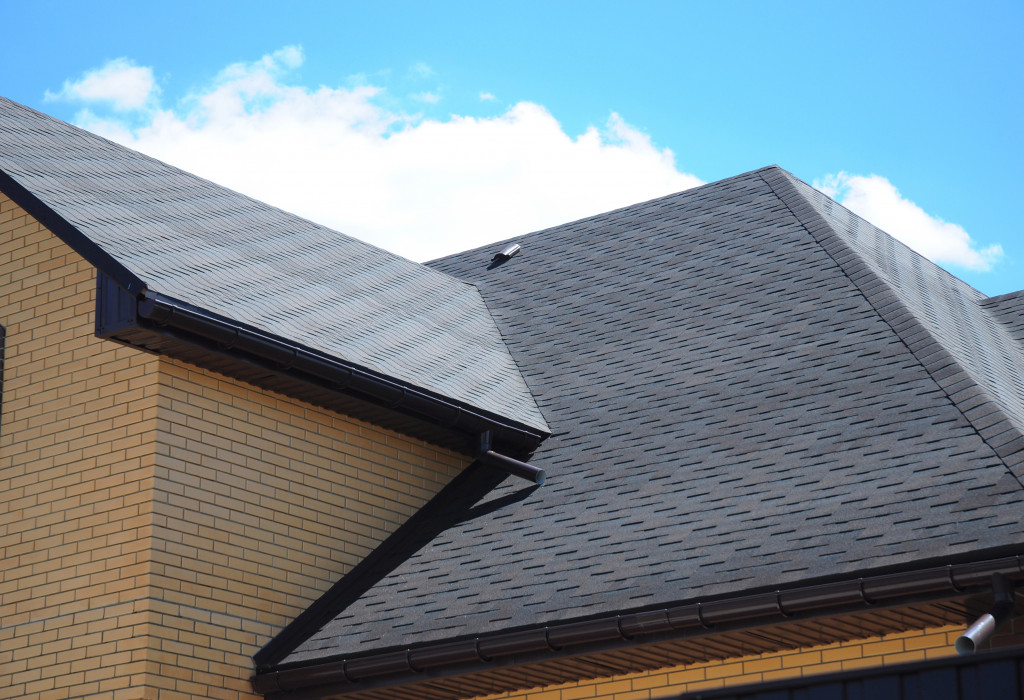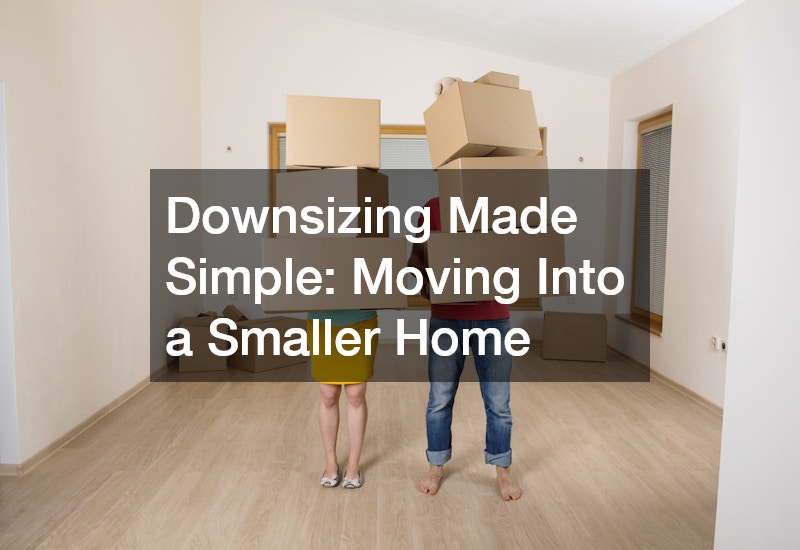- Effective property research optimizes value, enjoyment, and functionality.
- Maximize functionality and minimize waste by utilizing space wisely—an expert approach to optimizing efficiency.
- Ensure compliance with zoning laws by thoroughly researching and understanding local rules and regulations.
- One can reduce resource consumption and incorporate sustainable features to minimize environmental impact and promote sustainability.
- Conduct a thorough examination of nearby facilities and amenities to accurately assess their availability, accessibility, and quality of resources.
Building a house in an urban area can be both exciting and challenging. While it’s great to have the convenience of living close to amenities, there are many things to consider when planning for your new home. Fortunately, research and clever problem-solving strategies make building a dream home in an urban environment possible! Here are some tips that will help make the process easier.
Think About Location
When planning to build a house in an urban area, proper consideration of location is key to a successful project. Choosing the right location can make all the difference in a home’s value, enjoyment, and functionality. This involves looking for suitable land for sale that meets the particular needs and desires of the prospective homeowner.
Location considerations may include proximity to schools, parks, public transportation, shopping centers, and access to major highways. It is also important to consider neighborhood safety, the quality of utilities, the potential for development or neighborhood growth, and the overall convenience of the location. Considering location comprehensively can help ensure that a new home is in the right place and provides a solid foundation for years.
Utilize Space Wisely
Utilizing space wisely is the key to successful urban architecture. In such a compact environment, every inch counts. To make the best of limited space, architects and urban planners focus on maximizing functionality and minimizing waste.
Buildings designed with this in mind must balance aesthetics with efficiency to ensure optimal use of space. This approach is even more critical in urban areas where space is at a premium, making it vital for architects to come up with innovative and intelligent solutions that fit within the surroundings.
Ultimately, utilizing space effectively means creating more room for living and working, and this can lead to a myriad of benefits, ranging from less consumption of energy and resources to increased productivity and reduced congestion. The possibilities are endless, but the key remains: using space as efficiently as possible.
Research About the Area
Researching the area is important to find the perfect location for your new home. Here are some things you should consider doing:
Research Local Rules and Regulations
Before starting any construction project in an urban area, conducting thorough research on the local rules and regulations is imperative. These regulations outline requirements that every building project must adhere to, ensuring the safety and well-being of those residing in the surrounding area.
Failure to comply with these regulations can result in penalties, fines, and even building demolition. It’s essential to recommend that individuals conduct their due diligence by consulting with local officials, researching the zoning laws in their area, and obtaining all necessary permits from the city or county. By doing so, they can eliminate potential roadblocks, stay within the law, and ultimately give themselves the best chances of completing their project.
Consider Environmental Impact

When considering building a house in an urban area, it is crucial to properly consider the environmental impact. This means analyzing the potential consequences of the construction on the natural world and taking the necessary steps to prevent harm.
Whether it is through reducing the use of non-renewable resources during construction or incorporating sustainable features into the design, there are many ways in which individuals can lessen their impact on the environment while still creating their dream homes. As society becomes more conscious of the need to protect the planet, it is increasingly important for homeowners and developers to prioritize environmental considerations in their building plans.
Plan for Utilities

Proper planning for utilities is critical when constructing a house in an urban area. Setting up utilities involves determining the location of the main water line, gas line, and sewer system in the area where the house will be built. This way, the house can be built where utilities can be easily accessed and connected.
The importance of this cannot be overstated, as poor planning can lead to a host of problems including difficulty in obtaining permits, delays in construction, and an increase in the project’s overall cost. When planning for utilities, it is best to consult a field expert who can advise on the best course of action to ensure the project runs smoothly.
Investigate Nearby Facilities & Amenities
When planning to build a home in an urban area, it is important to investigate nearby facilities and amenities. This process involves identifying and evaluating the essential services and conveniences that homeowners need for their daily lives. This investigation lets homeowners gauge the availability, accessibility, and quality of these amenities in their prospective neighborhoods.
Some important factors include transportation, healthcare facilities, schools, shopping centers, recreational parks, and community services. Properly investigating these facilities and amenities can help homeowners make informed choices about where to build their homes and ensure they have all the necessary resources within reach.
With thorough research, effective problem-solving strategies, and meticulous consideration of location, utilities, and amenities, constructing a dream home in an urban area becomes attainable. This expert advice ensures a smooth process, enabling anyone to build their perfect home in an urban environment. Start planning your dream home today – the possibilities are limitless!







